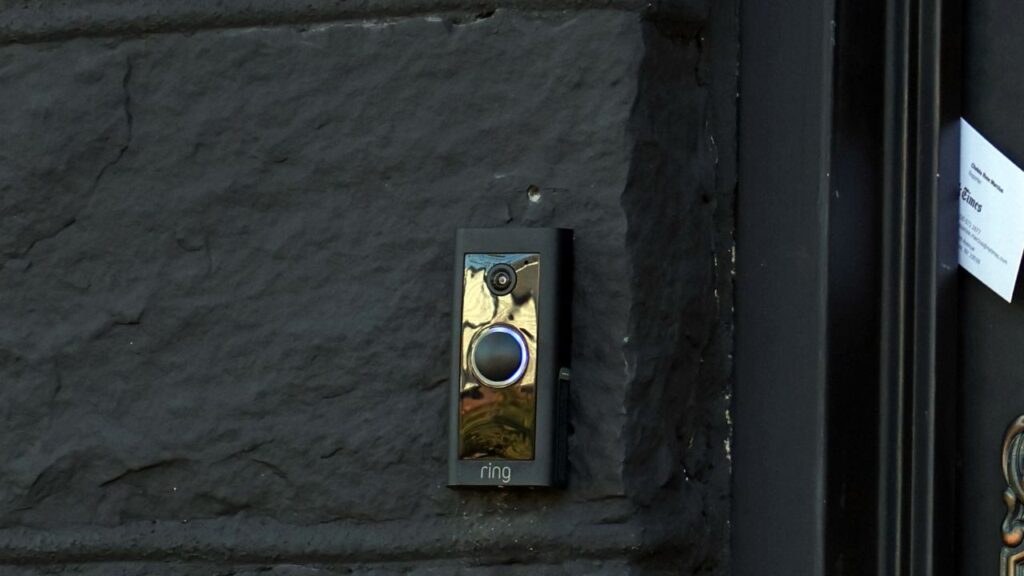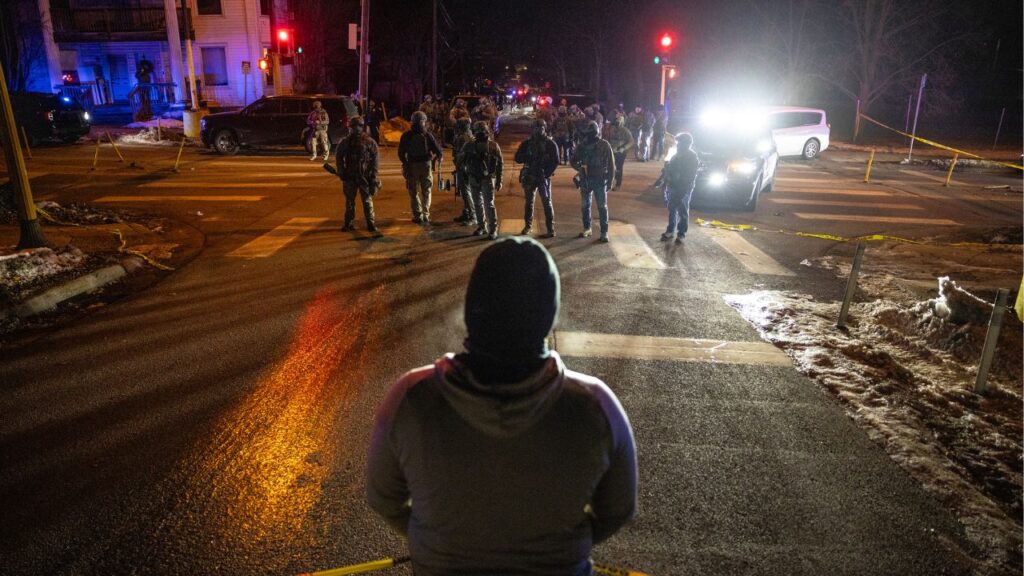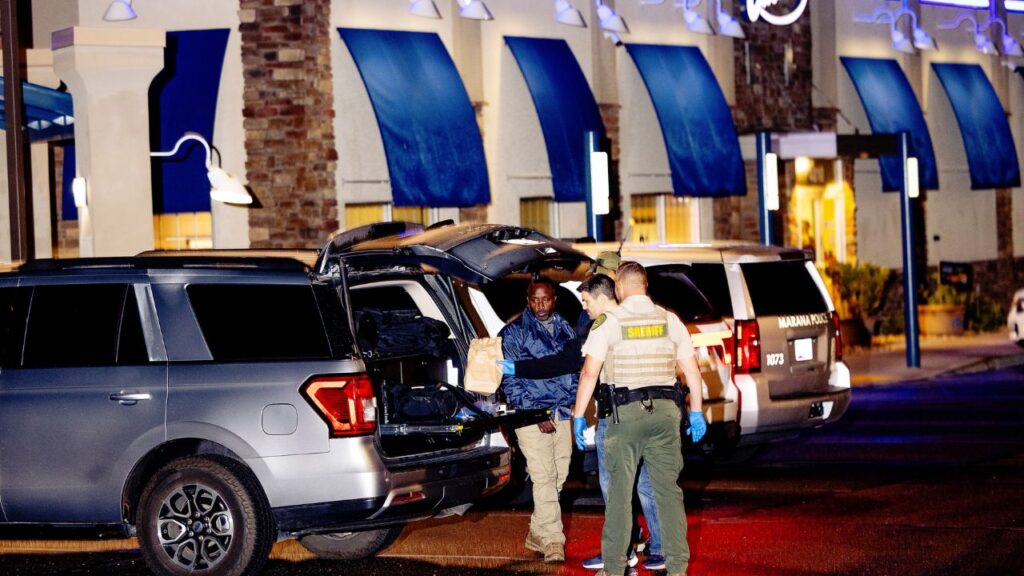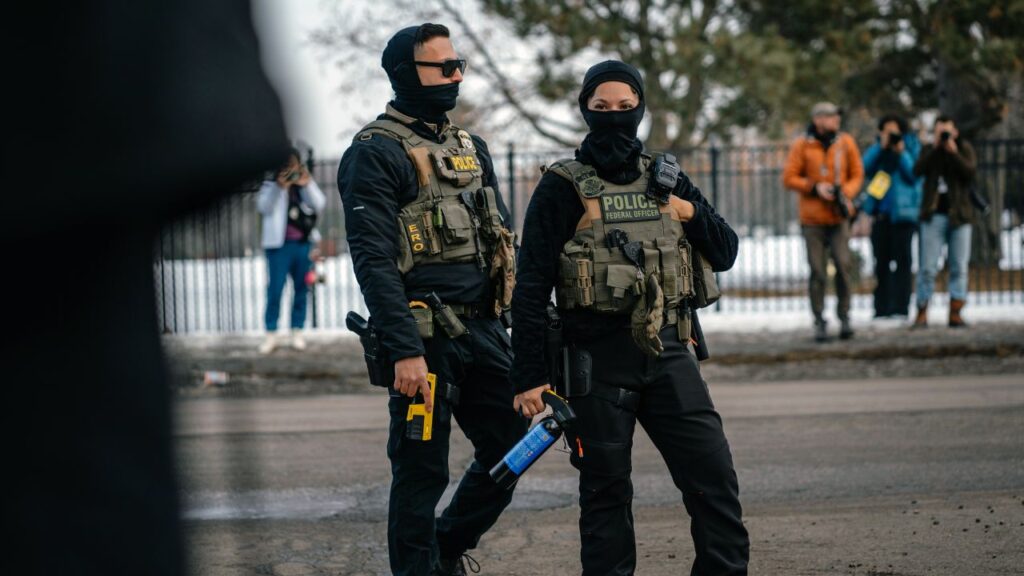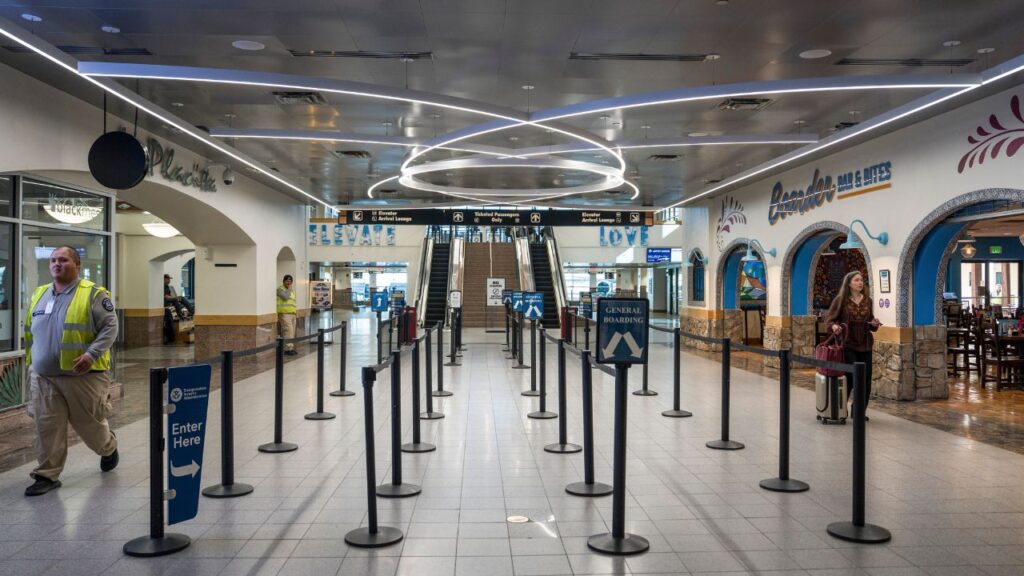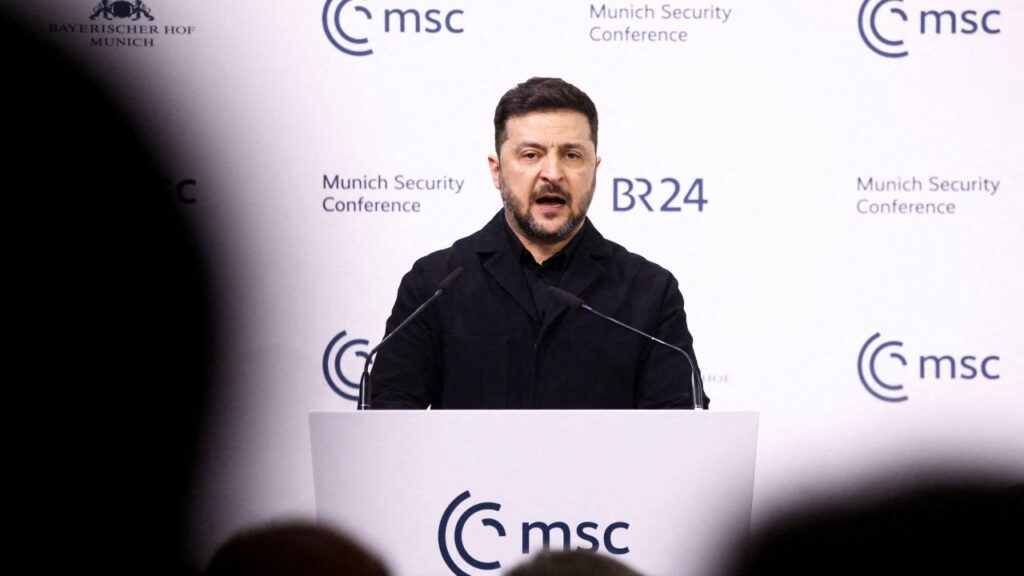Share
If Pfizer receives government approval for its promising COVID-19 vaccine, it will need to be transported and stored at a temperature of minus 94 degrees Fahrenheit, experts say, creating logistical challenges that local health officials are already working to address.
Dr. Rais Vohra, Fresno County’s public health officer, says he’s aware of just one freezer in the local area capable of maintaining temperatures that low. It’s downstairs at the health department’s downtown office building.
“We do have one cold storage machine here,” Vohra said, “and we will be acquiring more so that we can be ready to take on as much vaccine as the state of California allows us to have.”
Dry Ice Could be Used
If necessary, Vohra said dry ice could be used to keep the vaccine at its required ‘ultra cold’ storage temperature. According to the Materials Research Lab at UC Santa Barbara, dry ice freezes at minus 109 degrees.
Complicating a local inoculation effort even more, the Pfizer vaccine would need to be administered in two shots given 21 days apart for maximum effectiveness.
The Need for Freeze

“Hopefully if everything goes well, in December, but certainly by early 2021 we’re going to really need to have cold storage ready to go to accommodate this vaccine,”–Fresno county interim health officer Dr. Rais Vohra
“Hopefully if everything goes well, in December, but certainly by early 2021 we’re going to really need to have cold storage ready to go to accommodate this vaccine,” says Vohra.
He said local hospitals don’t have the necessary freezers to store the vaccine at the present time. “But they’re going to acquire it,” says Vohra.
NBC News reports Pfizer’s vaccine will be formulated, finished and placed in cold storage in the pharmaceutical giant’s Kalamazoo, Michigan, facility, its largest such plant in the country.
From there, the vaccines will be packed below dry ice inside thermal containers expressly designed by the company for this vaccine’s delivery. Each package can contain 1,000 to 5,000 doses.
The company says it expects to be able to produce up to 1.3 billion doses globally in 2021.
The packages will be shipped via air to major distribution hubs and then delivered by ground transport to dosing locations, which “may include hospitals, outpatient clinics, community vaccination locations and pharmacies,” Pfizer spokesperson Kim Bencker told NBC News in an email.
The company said some vaccines will also be shipped from a separate distribution center in Pleasant Prairie, Wisconsin.
Each package will be equipped with a GPS-tracked thermal sensor to monitor location and temperature, which the company says will “proactively” prevent “deviations” — such as accidents or theft.

UC Davis Participated in Vaccine Effort

“Even after the first dose patients will receive some protection from COVID-19 after about a week.”–Dr. Chad Hatfield, UC Davis’ Chief Pharmacy Officer
UC Davis Health in Sacramento was one of 120 sites to take part in the trial for the Pfizer vaccine, which is being developed in collaboration with BioNTech.
Chief Pharmacy Officer Dr. Chad Hatfield says his facility is expected to be a hub distribution site for the vaccine, sending it out to what he calls ‘spoke’ locations. State officials are still developing the overall distribution plan, he said.
Though two doses are recommended, Hatfield said Pfizer’s clinical trial is showing a single dose will still be beneficial.
“Even after the first dose patients will receive some protection from COVID-19 after about a week,” he said. “Patients will need a second dose, sort of like a booster shot to receive the full benefit of the vaccination,” Hatfield added.
The same is true with Moderna’s vaccine candidate, which requires two shots given four weeks apart. AstraZeneca is testing outcomes from both a single vaccine dose and two doses given one month apart.
As BusinessInsider has reported, a double-dose vaccine requires twice as many vials, syringes, refrigerators, and clinic visits at a time when such resources are already limited.
How the Vaccine Works
Pfizer’s vaccine is among four candidates already in large scale clinical trials in the U.S., with still more being tested in other countries. Another U.S. company, Moderna, also hopes to complete its vaccine trial later this month.
Both companies’ vaccines are made using a brand-new technology. These “mRNA vaccines” aren’t made with the coronavirus itself, meaning there’s no chance anyone could catch COVID-19 from the shots. Instead, the vaccine contains a piece of genetic code that trains the immune system to recognize the spiked protein on the surface of the virus.
Pfizer sent GV Wire℠ an email explaining how the vaccine works says, “Once inside the vaccinated person’s own cells, the mRNA provides instructions for the body to produce a piece of the virus, also called an antigen, to potentially generate a strong immune response. For the COVID-19 vaccine, the mRNA encodes the instructions to make a COVID-19 antigen.”

Johnson & Johnson: Single Dose, Easier Storage
According to the Washington Post, Johnson & Johnson expects its coronavirus vaccine, now in final trials, to protect people with a single shot.
The J&J vaccine will be shipped frozen, but can be stored in liquid form at refrigerator temperatures for three months, the company says.
“A single-shot vaccine, if it’s safe and effective, will have substantial logistic advantages for global pandemic control,” said Dan Barouch, director of the Center for Virology and Vaccine Research at Beth Israel Deaconess Medical Center in Boston, who partnered with J&J to develop the vaccine.
Requirements Differ for Other Vaccines
MarketWatch reports AstraZeneca’s vaccine will likely require refrigeration but not freezing, according to a company spokesperson. “Our current expectation is that the final packaged multi-dose vials will require refrigeration to ensure product quality,” he wrote in an email.
Sanofi and Novavax use a viral vector (adenovirus) to carry a “protein subunit” into the body; that subunit then generates the immune response according to Pharmaceutical Commerce. Theses virus-based vaccines (which is also typically the method used to deliver flu vaccine), generally speaking, are stored and shipped at between 35 – 48 degrees Fahrenheit.
No Mass Availability Likely Until Well Into 2021
On Monday, Governor Gavin Newsom expressed concern that people will drop their guard because of the recent positive news regarding testing of coronavirus vaccines, most recently Pfizer’s statement that its version may be 90% effective, based on early trial results.
“This vaccine is not going to be readily available for mass distribution … likely well into the next year,” Newsom said. “I am concerned, truthfully, that we may get overexuberant … and people may go back to their original form. That would be a terrible mistake.”
(The Associated Press contributed to this story.)





